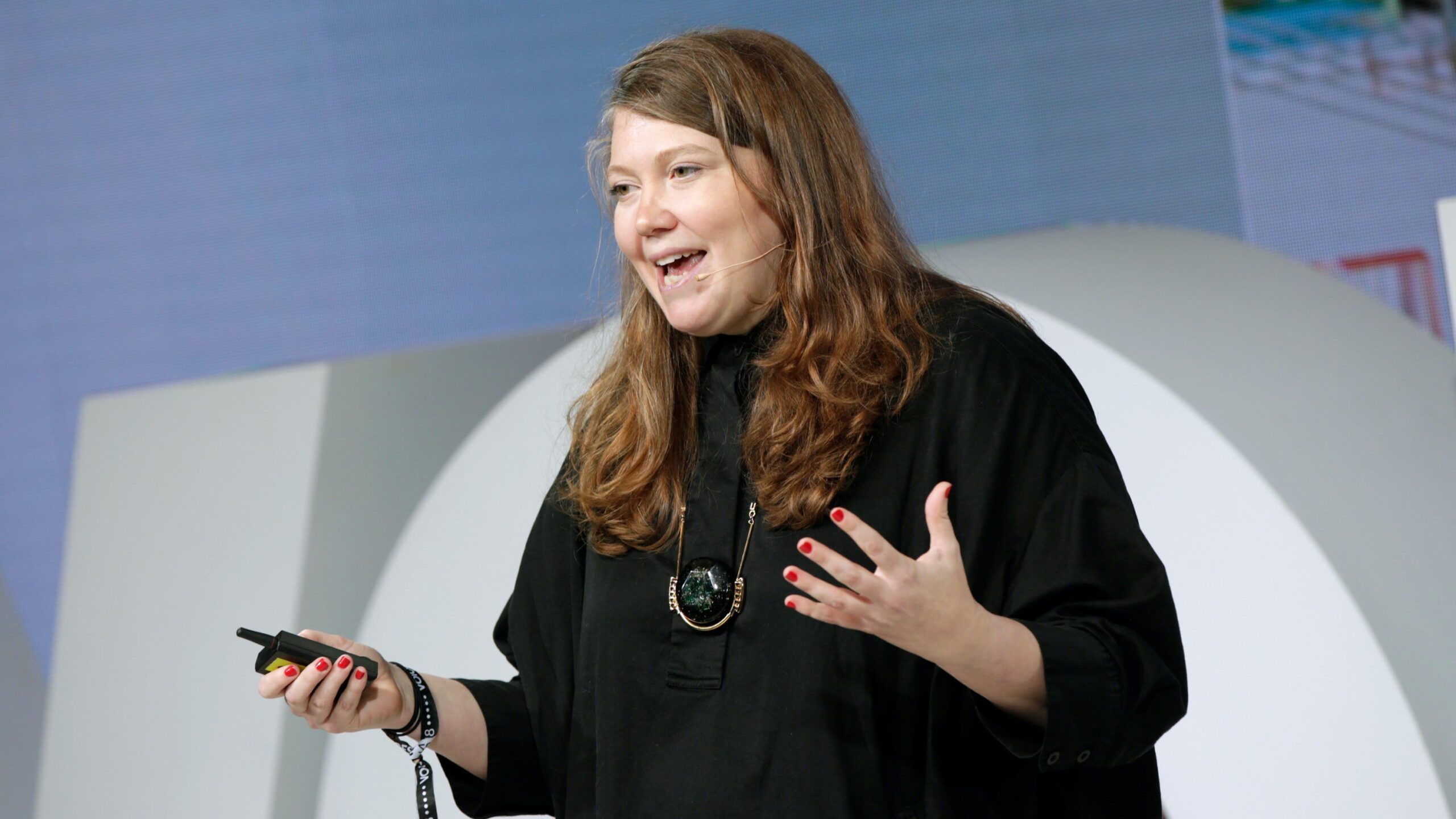
OXFORDSHIRE, United Kingdom — “Big tech actually presents way more of an existential threat than Trump ever could,” futurist author Lucie Greene told the audience at BoF’s VOICES, premising her statement on the largely unchecked power and influence held by the likes of Facebook and Google. Greene makes the case for recognising the civic duty of tech behemoths on account of their active role in society and public policy, displacement of revenue from the state and widening of socioeconomic divides through “disruptive” ideas.
Take, for example, the social repercussions of Uber and Airbnb: rather than simply democratising everyday needs such as transport and accommodation, they siphon off revenue from existing (often state-run) services such as public transport, as well as vast employers such as the hospitality industry. This precipitates the “ghettoisation” of populations outside these companies’ middle-class target demographic.
Even in the case of companies with an altruistic front, or Bill Gates-style “sexy” problem-solving philanthropy in developing countries, big tech’s seemingly apolitical starting point — coupled with an industry-wide empathy gap problem — means that ideological impact is often treated as an afterthought. Unless, of course, the rhetoric is on-brand.
To subscribe to the BoF Podcast, please follow this link.
Subscribe to BoF Professional for unlimited access to BoF articles, plus exclusive benefits for members.
To contact The Business of Fashion with comments, questions, or speaker ideas please e-mail [email protected].



